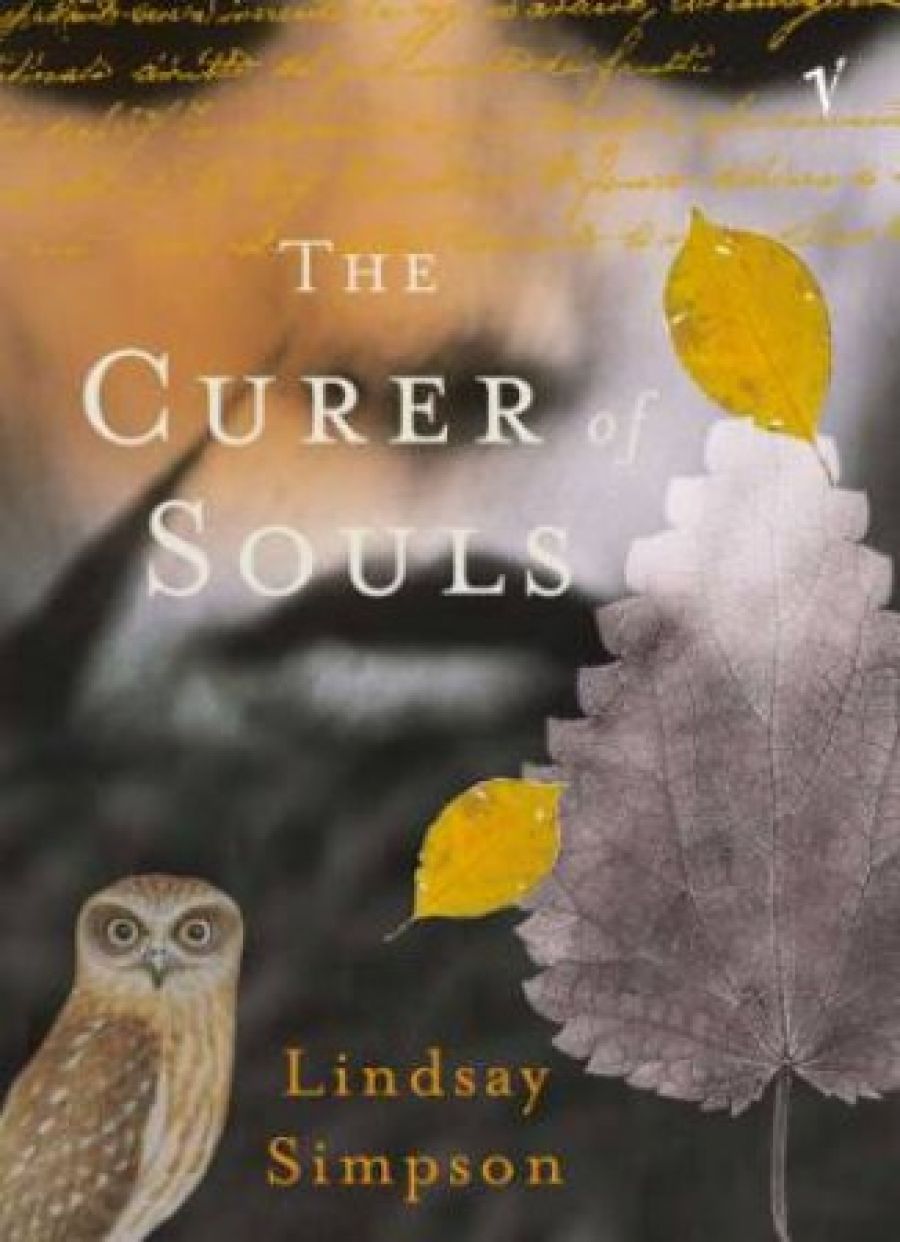
- Free Article: No
- Contents Category: Fiction
- Review Article: Yes
- Article Title: The ocean of the past
- Online Only: No
- Custom Highlight Text:
It is surely impossible to read a new work of Australian historical fiction without doing so through the lens of Inga Clendinnen’s much-discussed essay The History Question (2006). One of Clendinnen’s arguments is against claims for the superiority of fiction over history because the former brings the past to life through imaginative empathy, allowing readers to ‘get inside the experience’, while history is merely a desiccated ‘world of facts’. Clendinnen also sets out the differences she sees between fiction and history, which are standing on either side of a ‘ravine’. In her response to correspondence in the following Quarterly Essay, she expressed her position concisely: ‘Fiction carries us deeply, effortlessly into imagined individual subjectivities. History is the sustained attempt to penetrate the minds and experiences of actual others.’
- Book 1 Title: The Curer of Souls
- Book 1 Biblio: Vintage, $32.95 pb, 352 pp
- Book 1 Readings Link: https://booktopia.kh4ffx.net/OR30kA
Lindsay Simpson’s novel shows that this distinction is a Platonic (or perhaps I should say Clendinnic) ideal. The Curer of Souls is fiction, but, try as it might, it does not carry us into imagined subjectivities either deeply or effortlessly. This is because it is fiction that, deep down, wants to be non-fiction, to inform its readers about the actual past.
Just as Kate Grenville’s comments on The Secret River (2005) allowed Clendinnen to assess her intentions in writing historical fiction, the author’s note that follows The Curer of Souls, a novel that takes readers back to 1840s Van Diemen’s Land, invites us to do the same. Simpson admits that her original intention was to write non-fiction, ‘but there were too many gaps in the primary sources to tell the story; too much was left unsaid’. I think that Clendinnen would counter that careful thinking allows the historian to ‘penetrate’ such gaps at least ‘a little’. Simpson makes claims for fiction’s ability to ‘map silences, reflect voices marginalised by the more traditional historical telling and explore issues that might otherwise be taboo’. Surely Clendinnen would argue that history can do this too. Simpson also (perhaps this would garner Clendinnen’s approval) demarcates the real from the imagined, an acknowledgment, surely, that, as Clendinnen puts it, ‘readers clearly do care about the truth status of what they are reading’. But this is a novel that depicts a ‘possible world based on the actual’, and the reader is always left wondering exactly which bits are historically accurate and which bits are imagined.
Encountering the author’s note after finishing the novel, the reasons for my disappointment became clear. Simpson should have remained true to her original intention. History is not given enough life and flesh, and the ‘world of facts’ becomes primary rather than secondary, as it should in a novel. It is not that, as an investigative journalist, author and ghost writer of six books of non-fiction, she is unable to write fiction – she is a talented writer whose fictional imagination is obviously rich – just that, in this case, she made a questionable decision to do so.
In 1865, when the novel opens, Lydia Frankland is forty-one. Her stepmother, Lady Jane Frankland, to whom she has been companion since her father’s death, has died, leaving Lydia mistress of her own destiny for the first time in her life. She discovers a love letter written by her stepmother to Louis Lemprière in 1842. By then, the Franklands had been in Van Diemen’s Land for a few years, with Sir John serving as governor of the penal colony. Lemprière was a storekeeper and sometimes convict chaplain (these last three characters are based loosely on historical figures of similar names; Lydia is an invention). And so we begin, with Lydia, a journey into the past, revealed by more letters and diaries discovered at convenient points throughout the novel. Lydia discovers much more than she expected; we explore such historical topics as the appalling ill treatment of convicts, most particularly young boys; the panopticon; and the clash between the emergence of evolutionary theory and the prevalent interpretation of Christianity.
That the book’s title refers to Lemprière (‘curer of souls’ was apparently a common term for convict chaplains) suggests that he is the main protagonist. This is not the case, but he is the most convincing character. Lady Jane remains a cipher, Sir John Frankland a symbol. Lydia, who has never lived her own life, becomes ‘a vehicle through which to channel past lives’ and ‘an intermediary for subterranean lives’, and she is given exactly these roles in the book. While she is endowed with emotions and a romantic interest, and is given the possibility of self-determination and fulfilment by the end of the novel, she ultimately remains a device through which Simpson can retell history and explore ideas. Lydia comes to stand for the historian. In her ‘encounter with a story barely her own’, as she finds herself ‘drowning in the ocean of the past’, she is investigator and interpreter. She finds that events are interconnected, that her primary sources do not give her unmediated access to the truth, that there are rewritings and omissions
This novel was ten years in the making, and is obviously the result of painstaking research. It is an intelligent work, with some strong passages of writing, especially in the sub-narrative about the fate of two of the boy convicts. But there are not enough sparks here to ignite the materials of historical fact and historical imagining into the glowing novel that Simpson wanted it to be. While its author avers that her place is on the fiction side of Clendinnen’s ravine, The Curer of Souls does not fully meet the demands of fiction writing, and neither, of course, is it history writing.


Comments powered by CComment